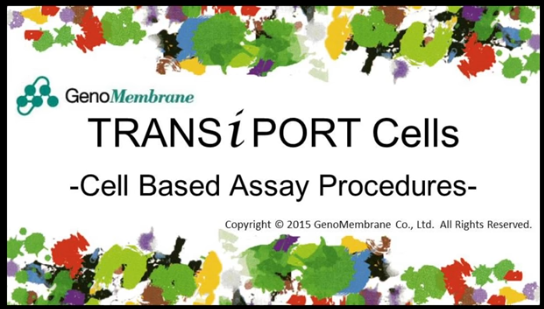http://www.ncbi.nlm.nih.gov/pubmed/?term=24405273
The published research indicated that the risk of PV-10 causing clinically relevant drug-drug interactions is likely minimal. PV-10, a 10% solution of rose bengal that is currently under clinical investigation as a novel cancer therapeutic, is designed to selectively target and destroy cancer cells without harming surrounding healthy tissue, minimizing the potential for systemic side effects.
The study was undertaken prior to initiation of the now ongoing testing of PV-10 plus sorafenib (cohort 2) in a clinical trial of PV-10 intralesional injection in hepatocellular carcinoma patients taking a stable dose of sorafenib (ClinicalTrials.gov Identifier: NCT00986661). Sorafenib is a competitive inhibitor of cytochrome P450 (CYP) drug metabolism enzymes and is reliant on the UDP-glucuronosyltransferase (UGT) pathway for efficient clearance. CYP and UGT enzymes help to biotransform small lipophilic drugs like sorafenib into water-soluble excretable metabolites.
Provectus researchers collaborated with XenoTech’s experts to design the appropriate in vitro experiments necessary to assess the risk for potential liability when rose bengal is co-administered with other drugs in humans. Rose bengal, known for inducing singlet oxygen on exposure to light, can cause erroneous results in conventional in vitro test systems. These assay artifacts were shown to be test system dependent in DMPK studies. XenoTech scientists successfully tailored experiments to ascertain CYP and UGT inhibition potential in more appropriate model systems.
The lead author, Faraz Kazmi, a Senior Scientist at XenoTech said, “The FDA guidance for industry on drug-drug interactions requires an in vitro assessment of the potential liability for a new drug to engender drug-drug interactions. These experiments are important because they provide the basis for safe, rational clinical trial design and are important determinants toward the ultimate goal, which is patient safety.”
Dr. Craig Dees, PhD, CEO of Provectus said, “We were thrilled to collaborate with XenoTech on these important studies that not only support the PV-10 plus sorafenib study, but also have implications for treating melanoma patients. Provectus has been fortunate to work with many CROs with innovative scientists, but XenoTech stands out for their focus on the unique scientific problem as demonstrated in their rapid, expert assay development, suitable for publication in a peer reviewed journal.” Dr. Dees continued, “As we discuss our clinical results with regulatory authorities, we continue to be intensely committed to building all sections of the prescribing information for a future package insert for PV-10.”
The paper, titled “In vitro inhibition of human liver cytochrome P450 (CYP) and UDP-glucuronosyltransferase (UGT) enzymes by rose bengal: system-dependent effects on inhibitory potential,” was authored by Faraz Kazmi, Lois J. Haupt, Jennifer R. Horkman, Brian D. Smith and David B. Buckley from XenoTech, Eric A. Wachter, and Jamie M. Singer of Provectus.



